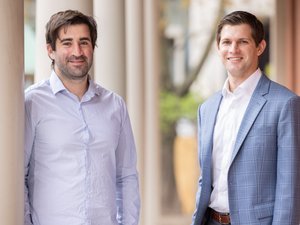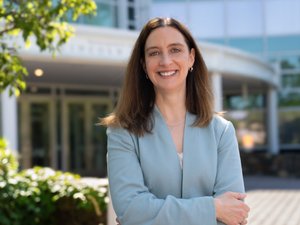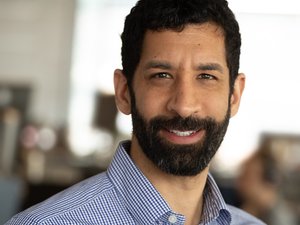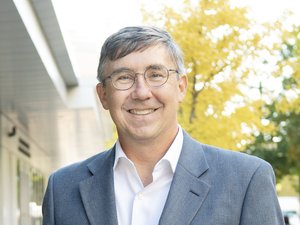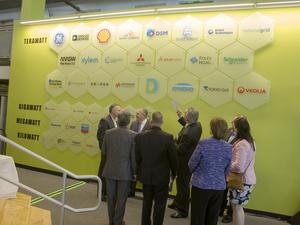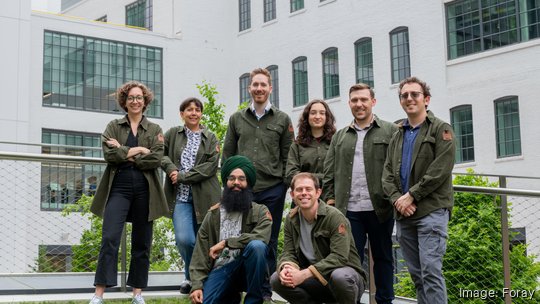
An early-stage startup that is reengineering the way plants and seeds are cultivated has added $3 million in venture funds — and yes, it was a seed round.
The Boston-based company had previously raised a pre-seed round of $875,000, it said. Investors include The Engine Ventures, Susquehanna Sustainable Investments, Understorey Ventures, and Superorganism.
Foray’s mission is to source plant-based products more efficiently and to restore the environments they come from. The company turns plant biopsies into a population of cells to cultivate without needing the actual plant.
After cultivation, Foray can develop these populations of cells into “green factories” to produce molecules for medicine and structural building blocks for growing materials; it can even use these cells to regenerate plants.
Beckwith calls this approach a “plantless format,” in which traditionally harvested materials from plants can be grown in a lab, reducing the impact on the environment.
Currently, there’s a bottleneck in the industry. Because plant species vary, understanding a process that works for a given species can take years of research. Developing individualized approaches to hundreds of species can take even more time.
Expanding its team, start scaling
With the funding from its latest seed round, Foray is looking to expand its team and build its pipeline from the lab to select partners in order to begin scaling. Foray has already added four full-time employees and two interns to its team, bringing the total number of employees to 10.
“I think in this next phase of growth, we are really excited about developing partnerships and finding the right homes for this technology,” said Dr. Ashley Beckwith, founder and CEO of Foray.
In the last 20 years, intact forest landscapes have shrunk by 12%, an area twice the size of Chile, according to Global Forest Watch. The rate at which it’s shrinking is speeding up as well, from an average of 7.1 million hectares per year from 2000-2013 to an average of 9 million hectares per year from 2013-2020.
Foray is reducing that time by developing a “species agnostic” approach to the problem. Using its predictive platform, the company said it can quickly identify the methods, environment, and key factors needed to successfully grow plant cells outside of the plants, regardless of species.
According to Beckwith, the technology behind biomanufacturing has been around for 100 years, but what sets Foray apart from other cell culture companies is its focus on “translatable insights.” Beckwith wants to use Foray's work to bridge the gap between biomanufacturing and commercial applications and make a difference.
“Cell culture is this really valuable and underutilized tool,” said Beckwith “With this great variety of of applications that remain untapped, we’re excited to be advancing and leveraging those capabilities to be able to serve natural ecosystem protection and restoration.”
